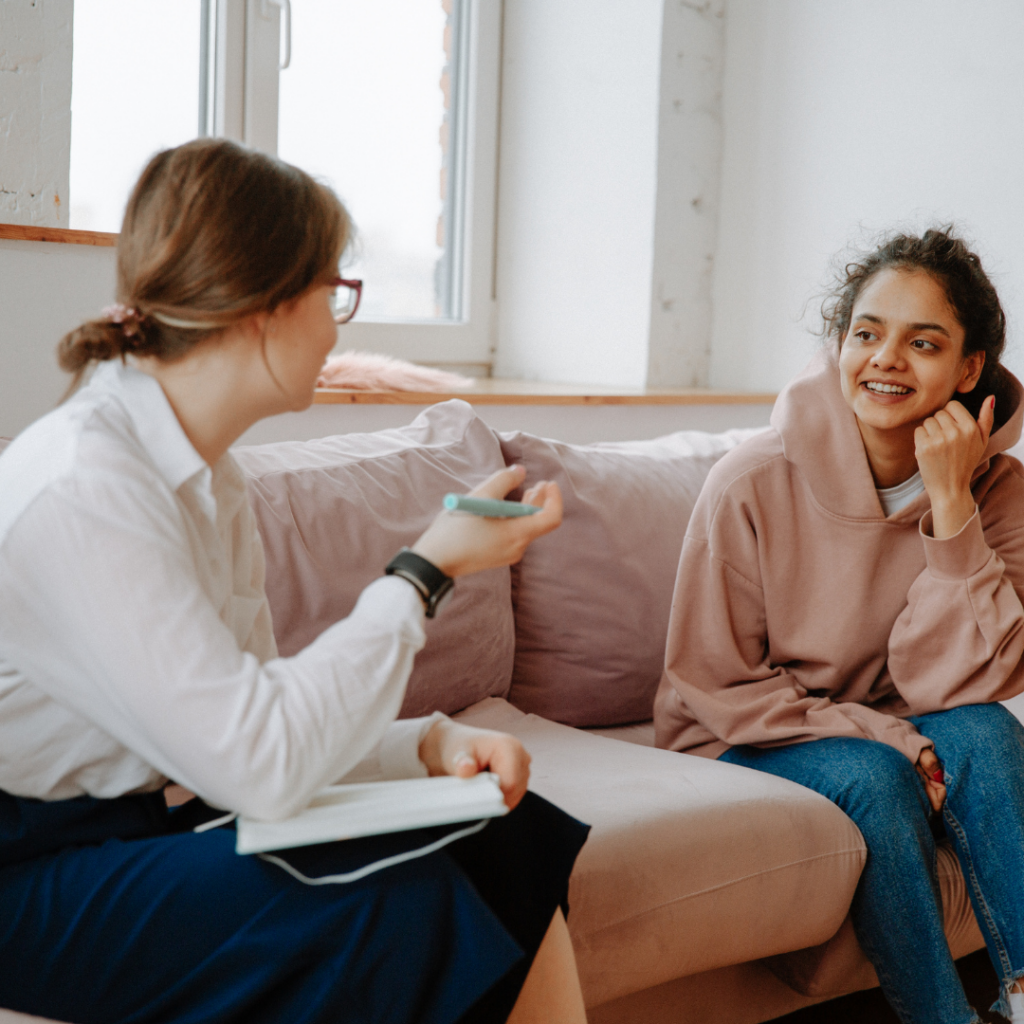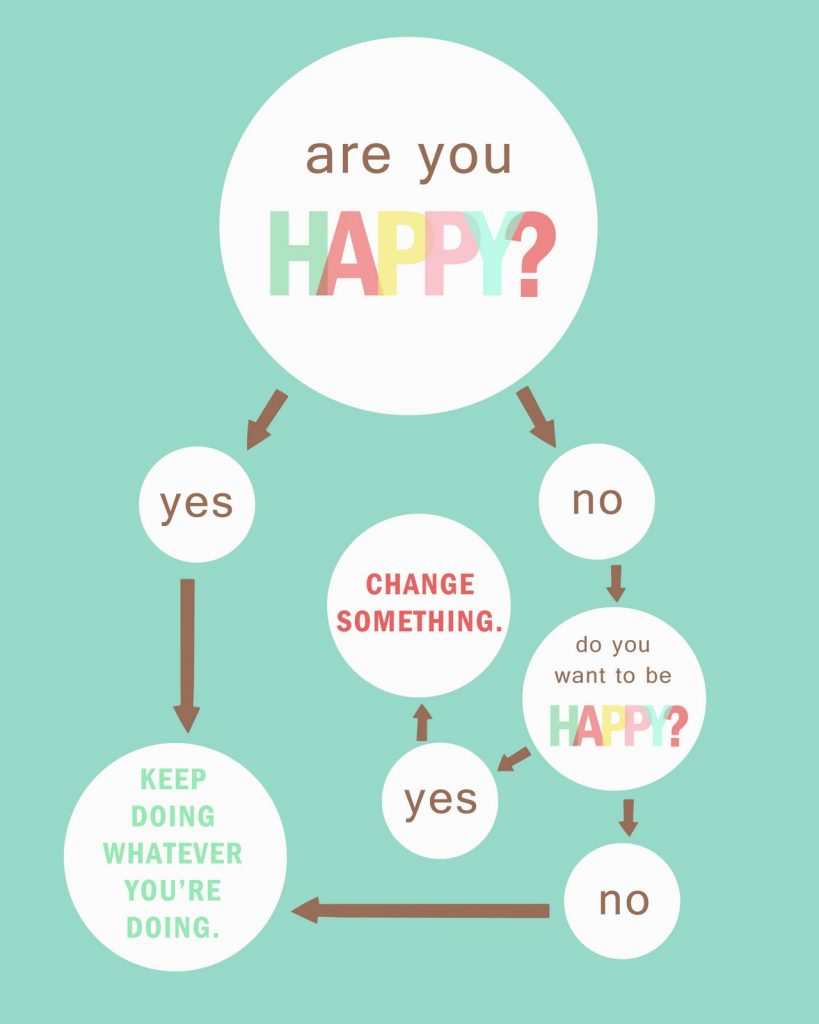
Having recently attended my first personal therapy session, I wanted to share with all you lovely ladies and let anyone know who is struggling that it’s ok not to be ok (cliché) and that reaching out for help is really brave! This post isn’t going to be about me and my first therapy session. It’s going to be for others who might not know where to start and will hopefully act as a guide if they think they might need personal therapy.
So first of all, what exactly is therapy?
Well, individual therapy involves you sitting down one-on-one with a therapist and talking about whatever you want to talk about. Therapy can provide you with a safe space to let out some thoughts and untangle some messy things that might be going on in your head. Therapists are trained to listen in a non-judgmental and non-directive way. This means that they won’t be able to tell you exactly what to do or provide you with all the answers. Instead, they allow you to explore your own thought processes and come to your own conclusions, with some subtle guidance.
How do I know if I need therapy?
See below…

Ok but in all seriousness, if there’s something bothering you, no matter how big or small, it might benefit you to talk to someone who is trained to listen. You might think nobody will understand or that your problems are insignificant or that you don’t ‘need’ therapy or you’re too proud to go to therapy or therapy is only for ‘crazy’ people. Therapists have seen it all and will be eager to help anyone that walks in their door. We all deserve to be happy and to be our best selves and we all deserve therapy if we feel we need it.
How do I see a therapist?
There are two routes you can choose to go see a therapist. The first route is the public route and this involves a visit to your GP. Your GP can make a referral for you to see somebody (they’ll know what/who is available in your area) and this is funded through the HSE (free). The second route is the private route and this means that you see somebody in a private practice and you pay for this yourself. Typically, a one-on-one session will cost you anywhere between €50 – €70. But don’t freak out, it doesn’t always have to be super expensive. Some therapists will offer a sliding scale, and this means that you pay based on what you can afford (phew!) so it’s always worth asking about this. Also, many schools, colleges and universities provide free counselling services so do look into this!
How do I know what therapist to choose?
Finding the right therapist to work with is a really individual process and what works for some might not work for others. It can be a bit of a trial and error process but don’t let this discourage you, it might just take some time to find out what works best for you! First of all, make sure they are accredited! Different therapists take different approaches such as psychodynamic, CBT, person-centred and many more. Just do a bit of googling to find out what each therapy is about and have a think if this might suit you. Many therapists will be trained in many disciplines and will often adapt to what works for you as you progress.
What’s the first session like?
You and the therapist will sit in a room together where you will be free to discuss whatever is on your mind. All therapy rooms look different, some might have a couch, some might have a single armchair, some might be dimly lit, some might be brighter, it might be a room in someone’s house, it might be located in a private office in a clinic, it might be nicely decorated or it might not be to your taste. No two will be the same. In your first session, the therapist will usually lay out the ‘contract’. This is just so you know how the sessions work. The first session will be different for everyone. For some, nothing too heavy is discussed in the first session and it can be like a settling in session. For others, you may want to jump straight in and get to the good stuff. It’s up to you and the therapist to work this out. It’s so so important that you feel comfortable with your therapist and that you feel you can trust them. If you don’t feel these things, it’s unlikely that you’ll make much progress. If you feel like you don’t ‘click’, that’s okay. You can politely let them know that you’re not sure this is the right therapy for you and move on (they won’t be offended, I promise). Sometimes the therapist will take some brief notes, and this is nothing to worry about, it’s just for their own records so they can keep track of how you’re doing. The sessions will usually last 45-60 minutes.
Some last points
- You might cry
- You don’t have to lie down on a couch like they make out on TV and films (but feel free to do so if you wish)
- It’s not always all about childhood trauma
- It might not be easy
- It doesn’t have to be forever
- There is no shame in going to therapy
Lots of love,
Niamh x
Remember, the most amazing, compassionate, successful and inspiring people we know are those who faced challenges, and managed to overcome them.
Hang in there, it will pass x
SPUN OUT: This is a one-stop-shop for all mental health issues. The articles are very matter of fact, helpful and all bases are covered.
TACKLE BULLYING: Lots of resources for kids, parents and teachers on dealing with bullying.
SAMARITANS: This helpline is open 24 hours a day and is completely confidential. Call 116 123.
BODYWHYS: Online, phone and group support for eating disorders.
CHILDLINE: Helpline and online support, offering advice and support to young people under 18.
BELONGTO: Support for lesbian, gay, bisexual and transgender individuals in Ireland.
TENI: Supports and seeks to improve the conditions, rights and equality of trans people and their families in Ireland.
AWARE: Providing support and assistance to that section of society whose lives are affected by depression, bipolar disorder, postnatal depression or suicidal thoughts.
POSITIVE OPTIONS: Advice and support for those experiencing crisis pregnancies.
TURN2ME: Support for anyone feeling anxious, sad or lonely.
YOURMENTALHEALTH: Lots of information about Mental Health in Ireland.
If you would like to support us and the work that we do, you can donate below ❤



